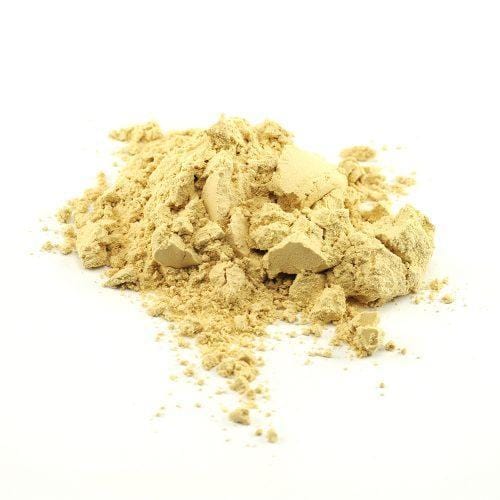Cortisol is a catabolic hormone, which means that it breaks down muscle tissue and increases the fat in your body. If you’re looking to build muscle mass and lose weight, cortisol is your enemy.While it might be counter productive for your training, cortisol actually does perform some very important functions in the body. Cortisol lowers the stress levels in your body. Without this hormone, you would have no mechanism to protect yourself from traumatic experiences, each of which will likely leave you catatonic. In addition, after you’ve finished an intense physical activity such as a workout, cortisol provides fat in order to spark the protein synthesis reactions required for muscle gain.
A lot of elite athletes train multiple times a day over the course of any given week. While cortisol levels are usually elevated in such athletes and people who overtrain, high cortisol levels can be caused by any kind of strenuous physical activity. Marathon runners have very high cortisol levels, but their bodies are trained to mitigate its effects due to years of training. Newbies and beginners will generally have more cortisol in their bodies after they train. The cortisol levels can be controlled by adequate rest periods between training sessions. Getting enough restful sleep is also crucial to lowering the cortisol levels in your body. Maintaining a high-protein diet along with a sufficient amount of BCAAs also reduces the cortisol levels in the body.
Some people produce more cortisol than others. People who suffer from Cushing’s disease have very high levels of cortisol in their system, while those who suffer from Addison’s disease have too little of it. If your body secrets larger than average amounts of cortisol, you will find it tougher to achieve excellence in athletic or other more physical disciplines.
While some fitness literature seems to think that cardio is a major cause of cortisol secretion, it is not necessarily true. While extended durations of cardiovascular exercise will raise your cortisol levels, the same can be said about an extremely hard session of weight training. It has been found that exercising in the evening produces a lower cortisol response than training in the morning. This isn’t a rule of thumb however, and you should exercise whenever your schedule allows you to.
As mentioned before, a diet that is high in protein along with BCAA supplementation will help you control your cortisol levels. Having a carb-heavy meal immediately after a workout has also been shown to hinder the release of cortisol in the body. If you’re constantly unable to gain muscle size and strength, have a lot of belly fat or feel bloated during the day, you might be struggling with excessive cortisol in your body. Cortisol causes the release of myostatin, also known as growth differentiation factor 8, which breaks down muscle in the body. On the other hand, if you’re frequently tired and feel drained, you might have inadequate levels of cortisol in your system. Cortisol generally suppresses other muscle building hormones such as growth hormone, insulin and testosterone. When cortisol levels are low, these anabolic hormones are found in greater amounts in the body.
Maximise Muscle Gains By Keeping Cortisol Levels In Check
1. Ensure you get adequate rest and recovery2. Shorten your workout times if intensity is higher
3. Supplement with BCAAs
4. Always eat a post workout meal containing carbs and protein
If you’re a regular trainee or have an active lifestyle and a great diet, you are less likely to have elevated cortisol levels in your body. On the other hand, if you have a sedentary lifestyle or sit on a chair all day, your cortisol levels will generally be high. Having a healthy and nourishing environment and a good social circle is also shown to release levels of cortisol in the body. Since cortisol increases the fat mass in the body, it is possible that it is responsible for obesity. However, this theory is still up for debate. There are certain drugs that have been shown to reduce cortisol levels and lower obesity.
In summary, having a less stressful environment and a more active lifestyle generally ensures that your cortisol levels will stay optimal. There is no magic training protocol which keeps your body from releasing cortisol, so don’t worry too much about changing your current routine. Remember to exercise regularly, eat right and supplement intelligently so you will continue to build a leaner, fitter body without having to worry about cortisol.




